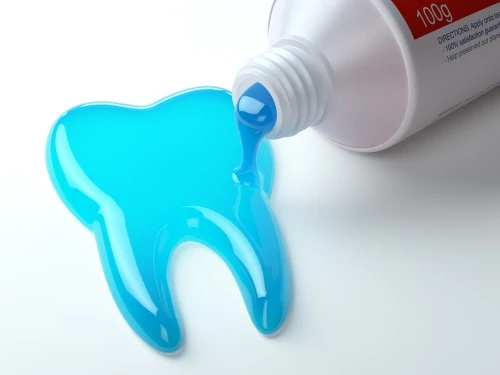New Patients: (952) 900-2077 | Current Patients: (952) 922-8787
Proudly Serving Our Community for Over 30 Years
Proudly Serving Our Community for Over 30 Years

Fluoride has been used in the prevention of tooth decay and cavities since it was first introduced into public water supplies in 1945. But there are some research studies that suggest that fluoride isn’t safe. At our dental office in Edina, we’d like to help debunk that theory and explain the benefits and importance of fluoride treatments.
Before we go any farther, we should first take a close look at what exactly fluoride is and how it works. It’s important to note that fluoride is a mineral that’s naturally found throughout nature and even in some foods and water. But why is it an important part of oral health? Essentially, fluoride makes it more difficult for acids released by bacteria in the mouth to wear away tooth enamel. When tooth enamel erodes, it leaves teeth exposed to those acids and bacteria and increases the likelihood for cavities. By adding fluoride into the mix, the teeth are protected.
Fluoride is most important for growing smiles. Your dentist in Edina will most likely recommend that infants and children be exposed to fluoride from 6 months of age until they’re about 16. This may mean changing to a toothpaste that includes fluoride or receiving fluoride treatments at bi-annual dental visits. However, the benefits of fluoride don’t go away once someone hits their 16th birthday. In fact, fluoride can be beneficial for adults too. Adults should also receive some sort of fluoride treatment occasionally in order to keep fighting tooth decay. Fluoride treatments may also be recommended to help combat tooth sensitivity.
Fluoride is safe and beneficial to dental health, but there is such a thing as too much. According to the Centers for Disease Control (CDC), kids under 8 years old should not use products containing fluoride if the public water supply in their hometown has more than 2 mg/L of fluoride. The biggest risk to kids of being exposed to too much fluoride is something called dental fluorosis, or staining and pitting of tooth enamel.
Fluoride should be used only as directed or prescribed, and intake should be monitored. Here are a few tips to help you monitor the use of fluoride products in your family:
If you have any concerns or questions about how dental fluoride can help protect your family’s smiles from damaging decay and cavities, we welcome you to call our Edina dental office to schedule an appointment with us today.